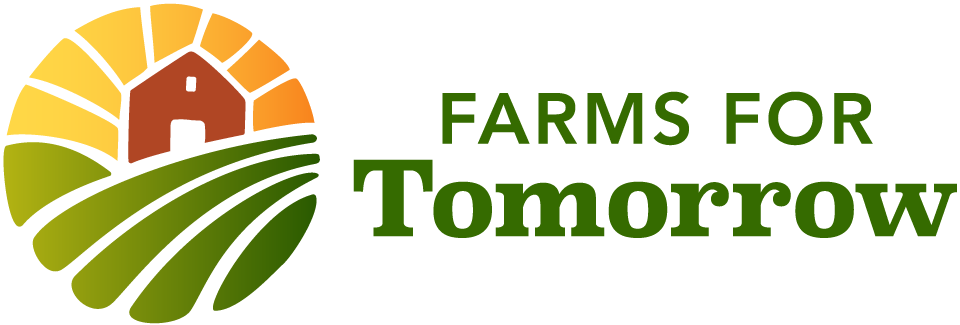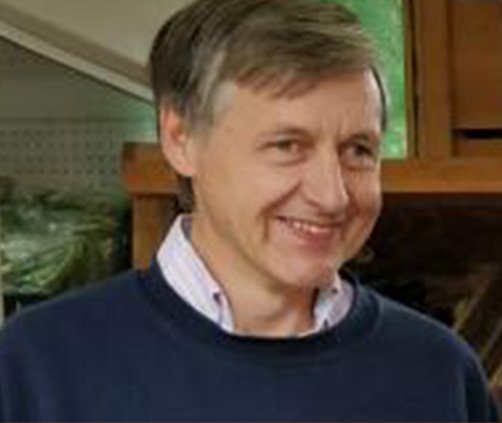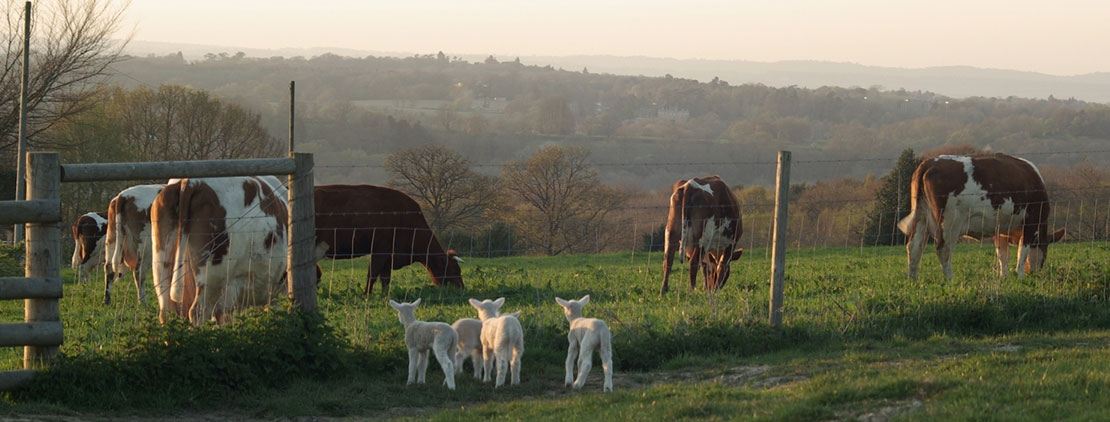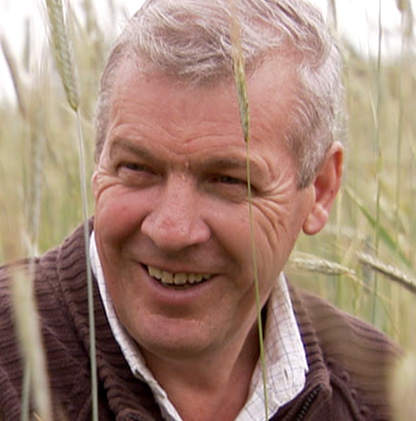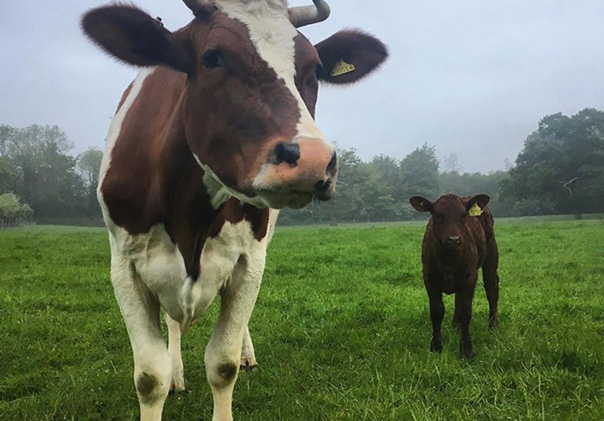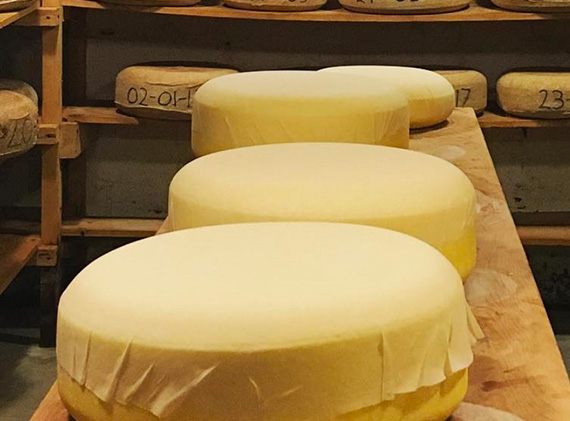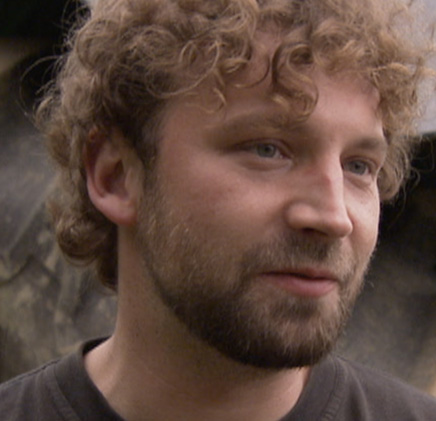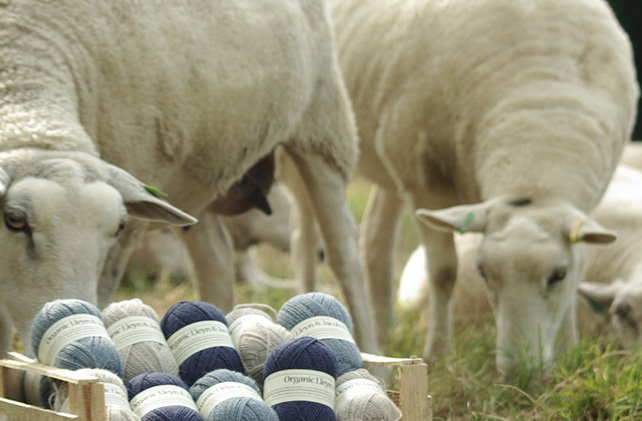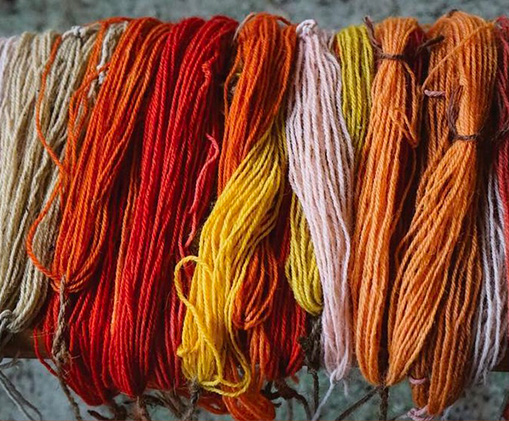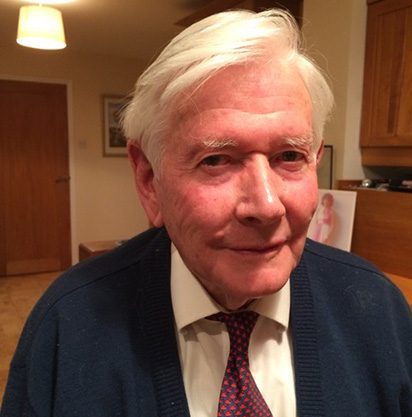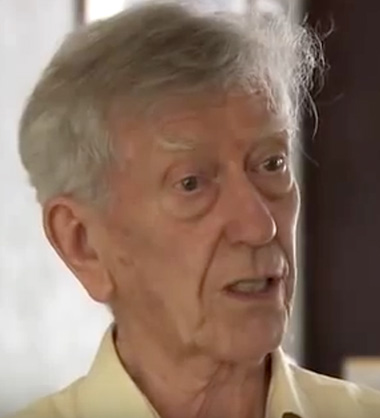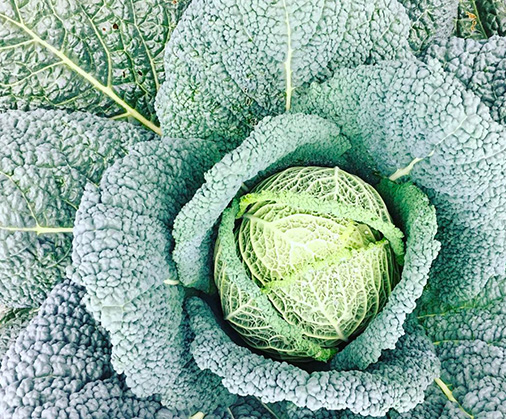Podcasts
Biodynamics Conference: The Impulse
Episode 1:
John Bloom –
Yggdrasil Land
Foundation
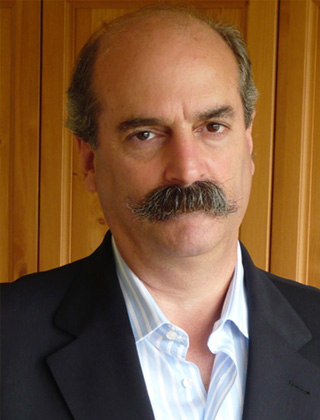

Ownership and Succession
John Bloom offers a useful conceptual framework distinguishing ownership, use and community as primary concepts to help those seeking to organize around the issue of agricultural land preservation.
About John Bloom
John Bloom is senior director of organizational culture at RSF Social Finance in San Francisco, where he has developed innovative philanthropic programs and contributed to the organization’s thought leadership in the field of social finance. More
Episode 2:
Tom Spaulding –
Angelic
Organics
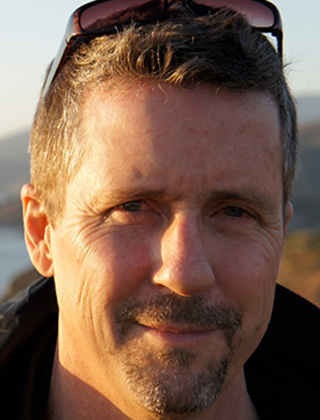
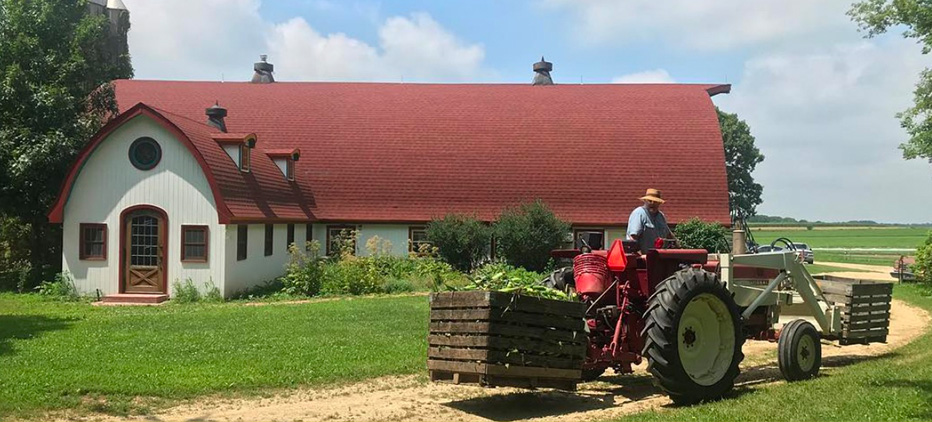
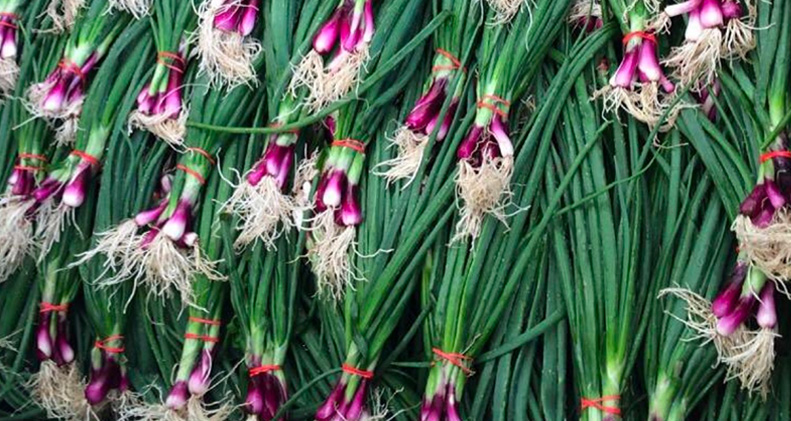
What’s Worth Protecting?
Tom Spaulding opens with an inspiring story of how he came to farm the land he’s on, and then shares the model and vision of the current multi-enterprise operation as well as the various strategies his organization has used or is implementing (LLC, community land trust, long-term leases) to protect the farm and prepare for succession.
About Tom Spaulding
Tom Spaulding is the founding executive director of Angelic Organics Learning Center. Tom is inspired by farms as dynamic places of cultural, ecological, and economic revitalization. Angelic Organics Learning Center helps urban and rural people build local food systems. More
Episode 3:
Jean-Paul
Stewart-
Courtens –
Roxbury Farm
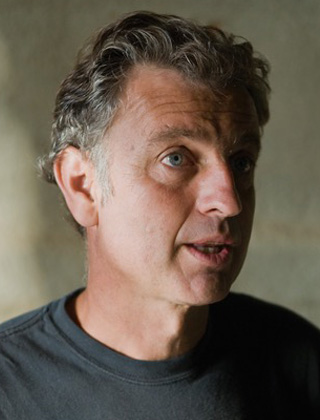
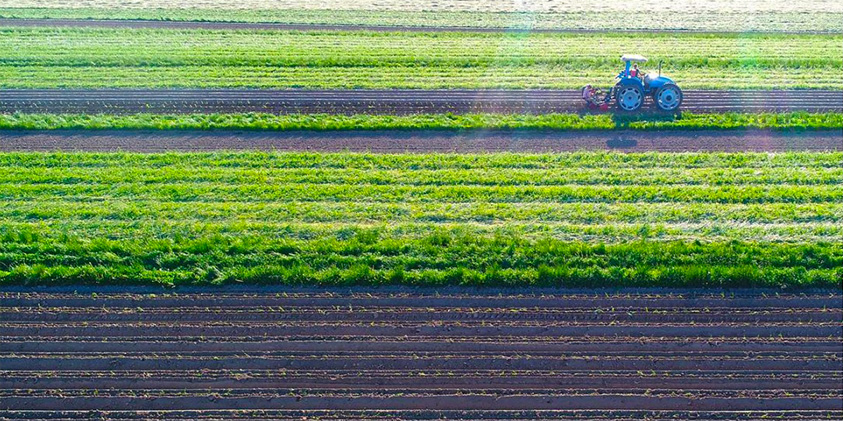
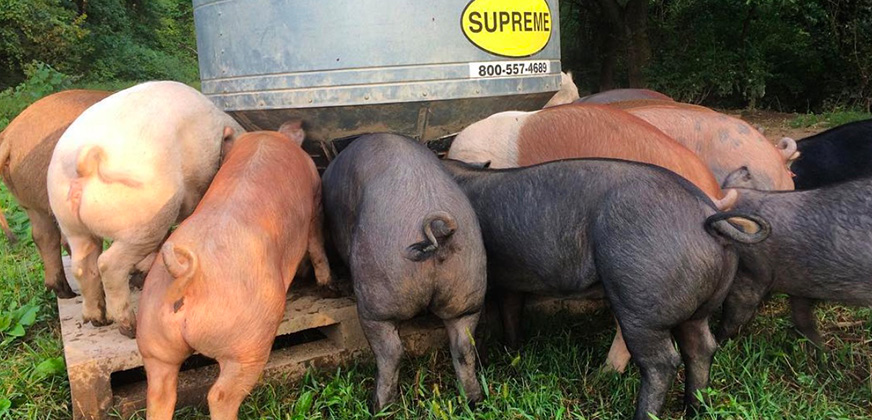
Protecting the Continuity of Farmland
Jean-Paul Stewart-Courtens shares how after losing the lease on the land he was farming he was able to find and add to a piece of farmland while protecting it for agriculture long term. Success required creative thinking, partnerships, and a mix of funding sources supported by tools such as conservation easements and resale restrictions. Also includes a discussion of leadership transition.
About Jean-Paul Stewart-Courtens
Jean-Paul Stewart-Courtens graduated from Warmonderhof, part of Groenhorst Agriculture College, specializing in biodynamic farming. He moved to the US in 1986 and founded Roxbury Farm in 1990. Under his leadership, Roxbury Farm CSA grew into a 415-acre diversified operation in Kinderhook, New York. The farm has operated a CSA since 1991 and serves over 1400 families… More
More Information:
Conservancy
Episode 4:
Barry Lonik –
Treemore Ecology
and Land Services
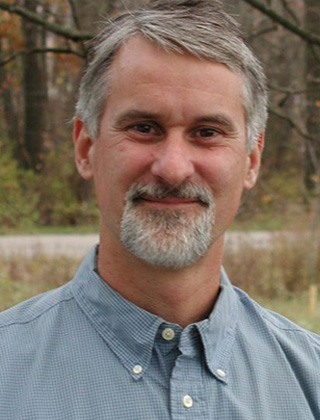

Farmland Conservancy
With decades of experience in on-the-ground organizing for land preservation in Michigan, Barry Lonik describes the benefits of publicly funded conservation easements and outlines paths for community involvement to make it happen. Barry cites many examples showing how the needs of multiple long-term stakeholders can be satisfied while protecting green space and agricultural land.
About Barry Lonik
Barry Lonik has led the effort to establish the model farmland and natural area protection programs in Washtenaw County for over 30 years, some of the most successful in Michigan. Barry started the Legacy Land Conservancy and served as its first executive director for six and a half years, developing it into an effective, durable nonprofit organization. More
Benefits of Green Space
How to argue the case for land preservation and participate more effectively in local land use and planning/zoning processes. Covers local government and property owners’ finances, the environmental services and economic value of undeveloped land, aesthetics, and community character.
Public Funding - Easements
An introduction to publicly funded millages and the conservation easement tool, and how they can be used to together to preserve different kinds of value for landowners, communities and future generations.
Winning Ballot Campaigns
How to get engaged on local zoning debates as well as how to launch a ballot campaign for publicly funded conservation easement millage. Also describes how those funds can leverage other funding sources for greater conservation impact and the basics of conservation easement oversight.
Easement Implementation
How the process of publicly funded land conservation proceeds: how properties are identified, how landowners and program administrators become aware of the opportunities, and the special case of affirmative easements for ag use of land.
Farm Community Interdependence
Chris Marshall describes why community is essential in sustainable agricultural enterprise and land stewardship and outlines the organizational structure that Tablehurst and Plaw Hatch Cooperative Farms have used to safeguard the land while supporting farm operations.
About Chris Marshall
Chris has been very active in supporting the process to develop a new long-term strategy for Tablehurst Farm. Chris feels that community is at the heart of the Tablehurst and Plaw Hatch initiative, and that engaging as many people as possible in the farms in diverse ways is the route to long-term sustainability. More
More Information:
Community Farming
Longtime farmer Peter Brown describes the evolution of the management and ownership structure of Tablehurst & Plaw Hatch Community Farm Cooperative to create sustainable farm operations. Includes a discussion of how larger political and economic realities require such farms to generate multiple kinds of value for their communities.
About Peter Brown
Peter Brown has farmed biodynamically since he was 21, first when he went to South Africa and managed a farm near Cape Town for 15 years, then working in Germany for three years before moving in 1994 to manage Tablehurst Farm in East Sussex in the UK. More
Community Farming - Part 1
Peter Brown describes how Tablehurst and Plaw Hatch Co-operative Farms evolved into viable enterprises through a community-driven model, why a shared vision is essential to the success of these farms, and why subsidization of the industrial model requires farms like this to seek other ways to capitalize their businesses.
Community Farming - Part 2
A look at the current state and future of farming, and how shifting public sentiment, government regulation and market forces are shaping agriculture for consumers, farmers, farmland and animals. Explores farms as models and centers for learning and community.
Young Farmers
Farmer David Junghans shares about the importance of building a unified vision and how people's desire for quality food drives success on a community farm. “The word is agriculture and not agribusiness,” Junghans says. Consequently, the ethos of culture and care needs to be part of all decision-making on the farm.
About David Junghans
David Junghans is the farm team leader and general farm manager of Tablehurst Farm, a biodynamic and organic community-owned farm in East Sussex in the UK. More
More Information:
Young Farmers - Part 1
David Junghans describes how he became managing director of Tablehurst Farm and shares advice for other young people interested in farming. The discussion also explores the critical role of intention in maintaining a farm’s integrity in farming practice, land ownership issues, and the farm’s relationship with the community.
Young Farmers - Part 2
Beginning with a discussion about how the scale of a farm enterprise impacts both its sense of community and economic viability, David Junghans then connects individual farms to big-picture questions about the emerging role of farms as centers for education and social change.
Big Picture Questions
Bob Wills and John Thomson discuss how Tablehurst Farm was revitalized through a reorganization process that included transfer of land ownership to a trust and the onboarding of new, community-focused leadership for farm operations under a cooperative business entity.
About Bob Wills and John Thomson
Bob Wills and John Thomson have both served as trustees of St Anthony’s Trust, the charity that owns the land farmed by Tablehurst and Plaw Hatch biodynamic community farms. Both have been integral forces in the trust’s establishment and ongoing Co-op support. More
Big Picture Questions - Part 1
Bob Wills and John Thomson share the story of how shared vision, individual personalities and emerging circumstances combined to form the land ownership and farm management model currently in place at the Tablehurst and Plaw Hatch Community Farms Co-op.
Big Picture Questions - Part 2
This segment describes how farmers stabilized day-to-day farm operations at Tablehurst and Plaw Hatch through direct marketing and community involvement, and how the separation of land ownership from farm operations helps protect the land in the long term.
Farm Transitions
Episode 9:
John Bloom –
Krusen
Grass Farm


A Philanthropic Model
John Bloom of the Yggdrasil Land Foundation talks about the role of the foundation in assisting the leadership transition on Krusen Grass Farm, located in Southeast Wisconsin. The foundation had a hand in supporting the farmer in finding a successor, provided financial backing, and helped integrate the operation into the local economy and larger community.
About John Bloom
John Bloom is senior director of organizational culture at RSF Social Finance in San Francisco, where he has developed innovative philanthropic programs and contributed to the organization’s thought leadership in the field of social finance. More
Episode 10:
Bob Bower –
Angelic
Organics
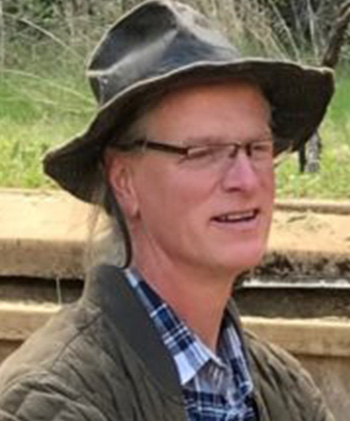
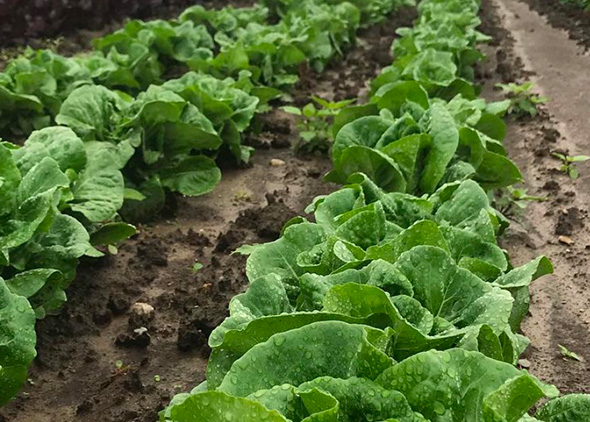
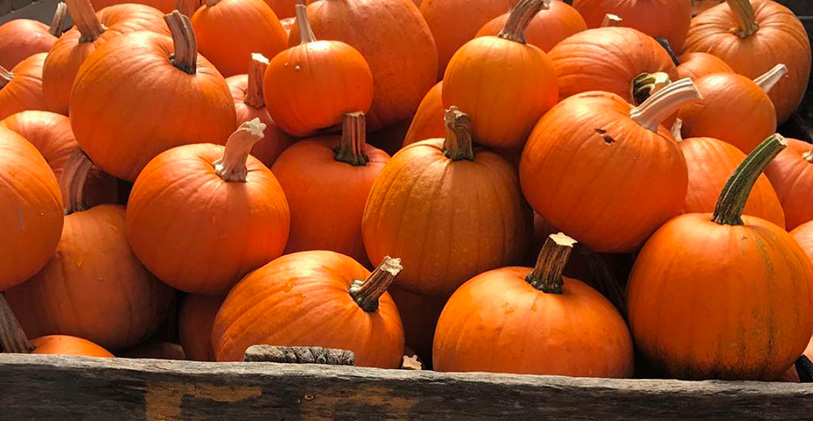
A Community-Supported Model
Bob Bower describes the challenges and strategies of a community coming together to assist in the farm succession process at Angelic Organics farm in Illinois, where he worked from 1995-2010. A nonprofit organization emerged as a vehicle for community engagement that supported the longtime farmer through leadership transition.
About Bob Bower
Prior to joining Hawthorne Valley Farm in late 2010, Bob worked for 15 years at Angelic Organics, a 1,500-member biodynamic CSA in Northern Illinois with 30 acres in vegetable production. More
More Information:
Episode 11:
Wali Via –
Winter Green
Farm
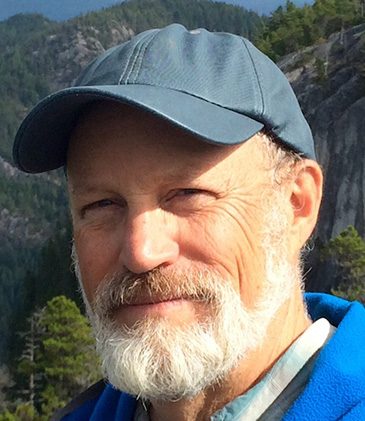
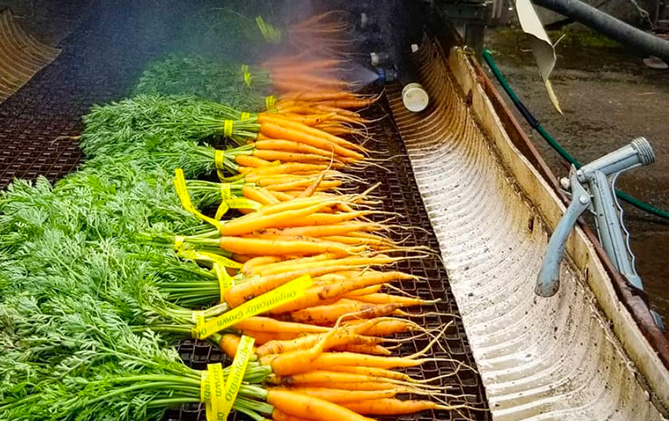
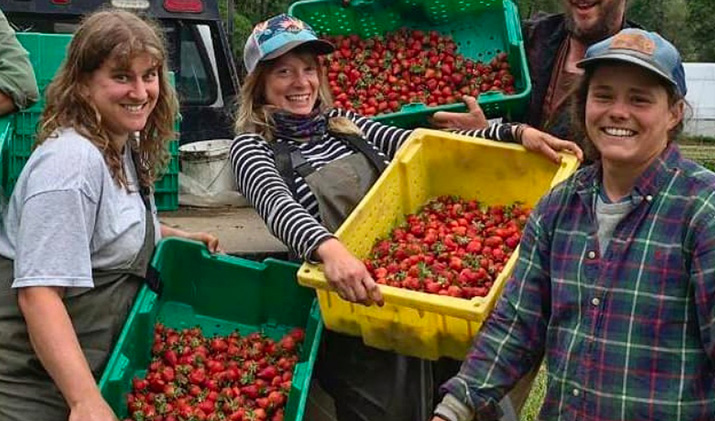
A Subdivision-Sale Model
Wali Via of Winter Green Farm in Oregon shares about farm leadership succession in the context of an LLC. The older farmers wanted to take a step back while ensuring the continuity of their successful land stewardship practices, and to remain in residence on site. The subdivision and sale of the larger business enabled stakeholders to balance economic benefits and responsibilities through contractually defined roles and written agreements.
About Wali Via
Wali Via has farmed at Winter Green Farm in Western Oregon since 1985. Winter Green Farm has a 500-member community supported agriculture program (CSA), grows crops for five farmers’ markets plus wholesale accounts, and maintains a cow/calf beef herd. More
More Information:

